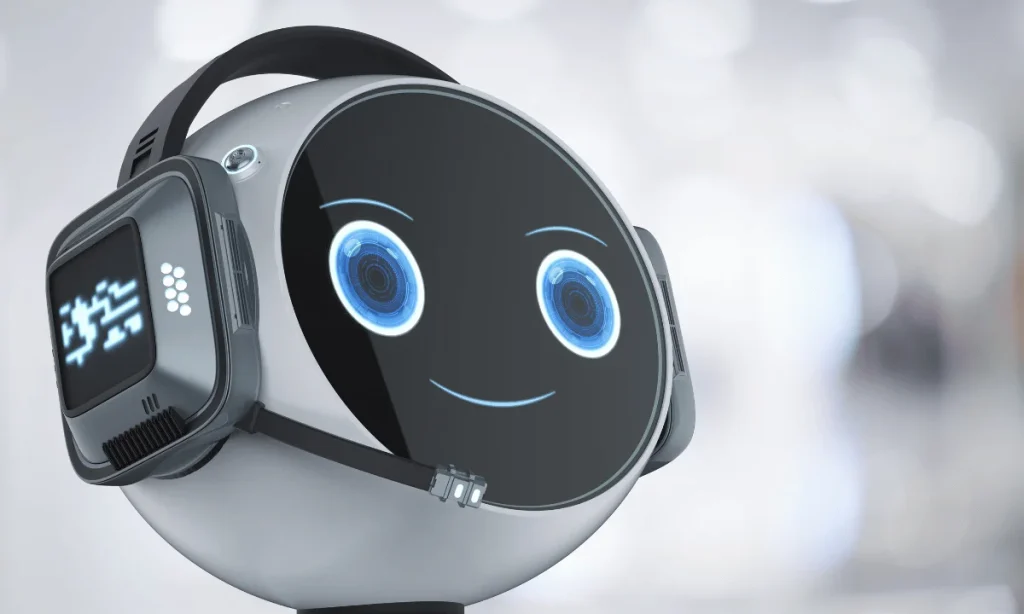
In today’s fast-paced, digital-first world, customer service is more important than ever. Businesses are expected to provide instant, effective support across various platforms, which can be overwhelming, especially for small and medium-sized enterprises (SMEs). This is where AI chatbots come into play, revolutionizing the way businesses interact with their customers. By automating routine tasks and providing real-time assistance, AI-powered chatbots are transforming customer service and helping companies improve efficiency, customer satisfaction, and even profitability.
1. Instant, 24/7 Customer Support
One of the most significant advantages of AI chatbots is their ability to provide 24/7 customer service. Unlike human agents who have working hours, chatbots never need to sleep and can assist customers at any time of the day or night. Whether it’s early in the morning or late at night, customers can get answers to their questions instantly.
This round-the-clock availability is particularly beneficial for businesses with a global customer base, as it ensures that no customer has to wait for support. Providing instant responses boosts customer satisfaction and enhances their overall experience, as they don’t have to wait for hours or even days to get help.
2. Handling Routine Inquiries and Tasks
AI chatbots excel at handling routine inquiries and tasks that would otherwise require human intervention. For example, answering frequently asked questions (FAQs), booking appointments, processing simple transactions, or updating account details can be fully automated with the help of chatbots. These repetitive tasks consume a significant amount of time for customer service representatives, but with a chatbot, these functions can be completed automatically.
By automating these processes, businesses can free up their customer service teams to focus on more complex issues that require a human touch. This not only improves operational efficiency but also reduces the burden on human agents, enabling them to handle more challenging customer queries and issues.
3. Personalized Customer Interactions
AI chatbots are becoming increasingly sophisticated in their ability to personalize interactions. By analyzing customer data, such as past interactions, preferences, and purchase history, chatbots can offer tailored responses and recommendations. For instance, if a customer asks for product recommendations, a chatbot can suggest items based on previous purchases or browsing behavior.
This level of personalization enhances the customer experience, making it feel more like a one-on-one interaction with a knowledgeable agent rather than a generic response. Personalized service not only makes customers feel valued but also increases the chances of cross-selling or upselling products, leading to higher sales and customer loyalty.
4. Seamless Integration Across Platforms
Modern AI chatbots are designed to seamlessly integrate with various communication platforms, including websites, mobile apps, social media channels, and messaging apps like WhatsApp or Facebook Messenger. This means that no matter where customers reach out—be it on a website, through a social media message, or in an app—businesses can offer consistent, unified customer service.
This multi-channel capability ensures that businesses are always accessible to their customers, regardless of the platform they prefer. It also allows businesses to maintain continuity in the customer experience, as the chatbot can retrieve and update relevant customer information across platforms without interruption.
5. Cost-Effective Solution
For businesses, one of the most attractive features of AI chatbots is their cost-effectiveness. By automating routine tasks and inquiries, businesses can significantly reduce the need for a large customer support team, which in turn helps save on labor costs. AI chatbots can handle hundreds or even thousands of interactions simultaneously without additional costs, whereas human agents can only handle one conversation at a time.
In addition to cost savings, chatbots can reduce the likelihood of human error in customer service interactions. The consistency and accuracy of AI responses lead to a more reliable customer service experience, which can further enhance brand reputation and customer retention.
6. Data-Driven Insights for Business Improvement
AI chatbots are also valuable tools for gathering customer feedback and data. They can track customer interactions, identify common issues, and gather insights into customer preferences. This data is invaluable for improving business operations, product offerings, and customer support strategies.
For example, if a particular product or service is generating a large number of inquiries or complaints, businesses can take proactive steps to address the issue or improve the offering. Additionally, chatbots can help businesses understand which areas of their customer service processes need improvement, allowing for continuous optimization.
AI chatbots are transforming customer service by providing instant, efficient, and personalized support that enhances the overall customer experience. By automating routine tasks, offering 24/7 assistance, and integrating seamlessly across multiple platforms, chatbots make it easier for businesses to serve customers and keep them satisfied. The cost savings, operational efficiencies, and data-driven insights provided by chatbots further elevate their value as an essential tool for modern businesses.
As AI technology continues to evolve, the role of chatbots in customer service will only expand, offering businesses even more opportunities to enhance customer satisfaction, boost sales, and streamline operations. Embracing AI-powered chatbots is no longer a luxury but a necessity for businesses looking to stay competitive in today’s customer-centric market.
